They are known as "The Invisibles," American children now caught in a bureaucratic nightmare in Mexico.
Many were born in Texas, and are U.S. citizens, but left when their families decided to return to Mexico -- or when their parents were deported.
The children, south of the border, have difficulty going to school or even seeing a doctor, because of a paperwork mess some child advocates blame on the state of Texas.
NBC 5 Investigates and Telemundo 39 went to the heart of Mexico to see, first hand, the suffering heaped on the young and vulnerable.
At least 600,000 U.S.-born children live in Mexico, according to that country's government, with some of them leaving behind their birth certificates from the United States.
Without those official records, the children can be turned away from basic services – a place in a classroom, a doctor to keep them well, a way to keep them healthy and vibrant.
When parents contact Texas to retrieve their child's birth records, some told us the struggle only gets worse.

One sad example ...
In massive Mexico City, home to 21 million people, there's a boy struggling just to hear the sounds of the crowded streets.
His name is Giovanni Aguilera, a U.S. citizen, born in Texas and living with his mother, Fabiola, who moved back to Mexico to escape an abusive relationship.
One of Giovanni's ears is very small, a birth defect called microtia, and doctors have told his mother his hearing will decline without further treatment.
But with his birth records stuck in Texas, the 11-year-old is denied health coverage in Mexico.
"I'm concerned he may lose his hearing," Fabiola said in Spanish, her eyes welling with tears, when we interviewed her in September. "And also, because kids laugh at him because of his ear."
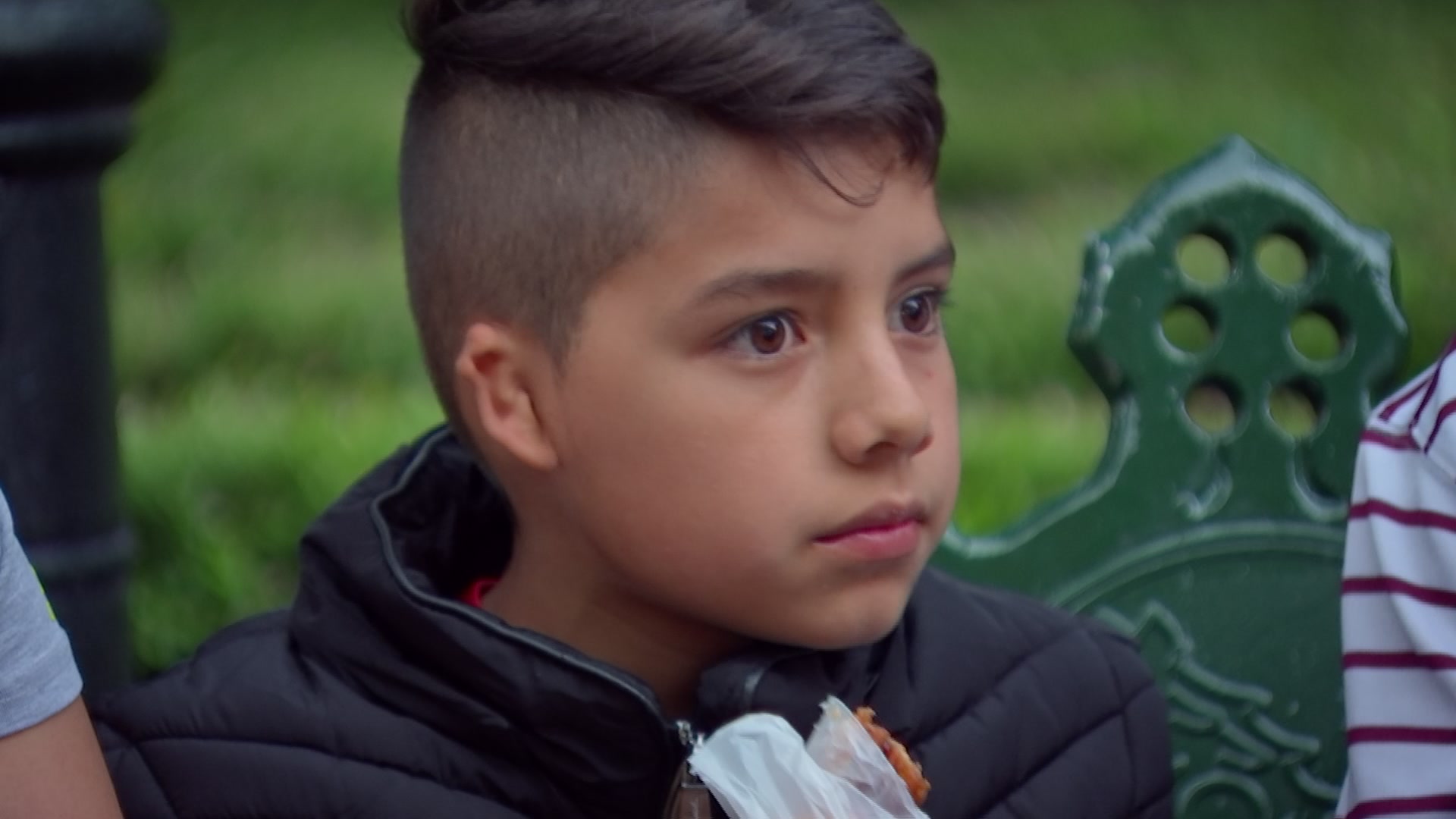
To receive government health services in Mexico, Giovanni must have a copy of his Texas birth certificate, along with an apostille, which is an international form showing authenticity.
With those documents in hand, Giovanni could begin the process of getting dual citizenship.
But Fabiola told us she requested her son's Texas birth records about nine months ago and Texas has still not responded.
Giovanni is far from the only U.S.-born child who has been turned away because of the bureaucratic red tape that stretches from the United States to Mexico.
"Absolutely, that's really what it is," said Giovanni's family attorney, Helen Kerwin.
Kerwin is a North Texas-native who moved to Mexico City where she works for a nonprofit, IMUMI, that helps parents retrieve U.S. birth certificates for their children.
"Generally, families … come to us because they've been trying for years to get the issue resolved and they haven't managed to do it on their own," she told NBC 5 and Telemundo 39.
It can take months, Kerwin said, for parents to just apply for the U.S. records, meeting one roadblock after the other, including missing paperwork they must have, and the inability to find American notaries or money orders – a rarity in Mexico -- that are essential to complete the application.
In addition, the mounting costs to apply can be more than poor families can handle.
It can be even more difficult when the child was born in Texas, according to advocates who try to help the families in Mexico.
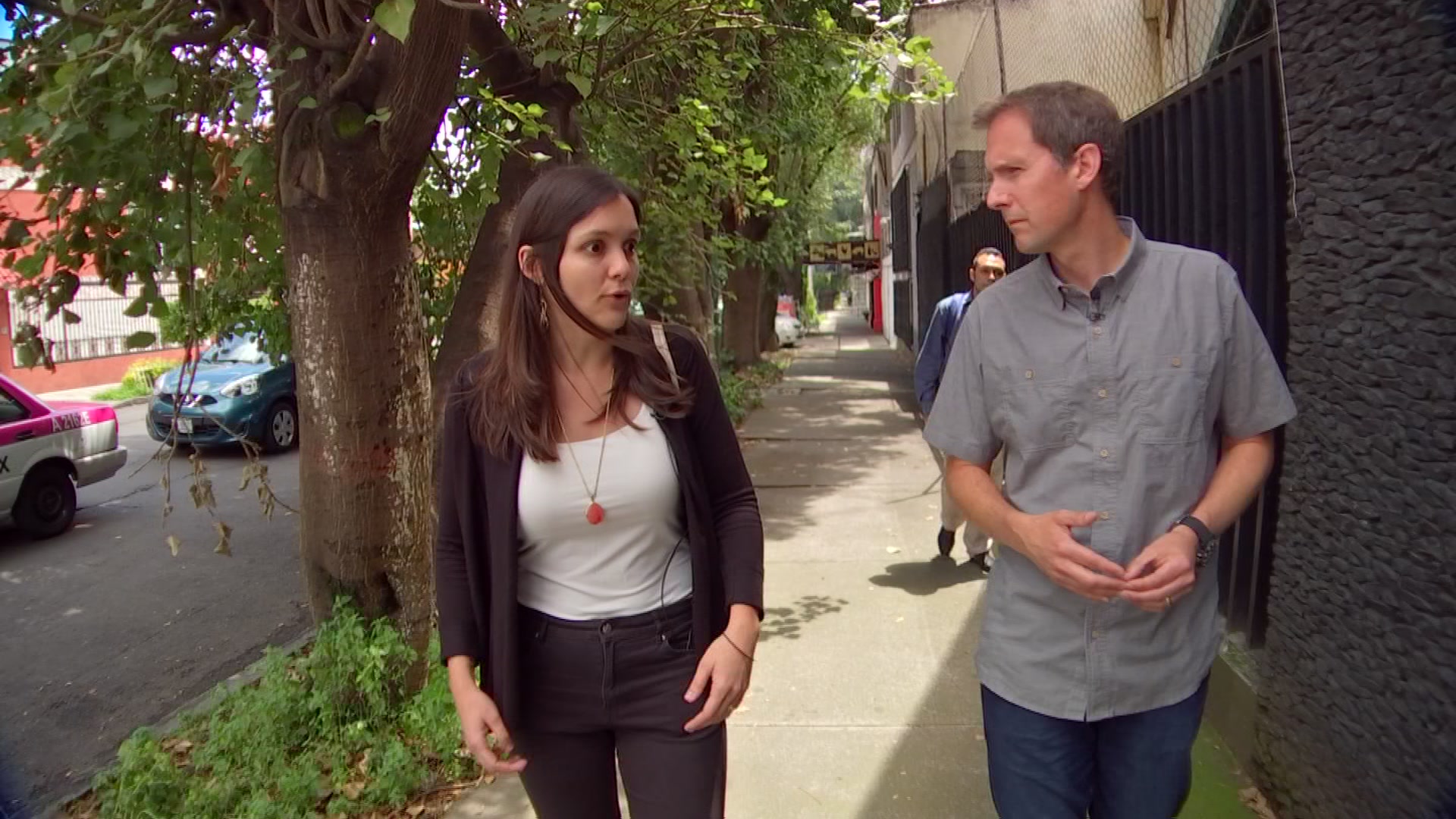
Vital records officials in Texas, "are currently delayed three or four months in just issuing a standard birth certificate," Kerwin said. "We have a request for a birth certificate correction that's been in since January of this year and we still haven't heard anything."
She said many families could access records quickly if Texas used a proven system called EVVE (pronounced Eve), or Electronic Verification of Vital Events.
Working through EVVE also streamlines the process of authenticating U.S. birth records and eliminates the need for an apostille.
But Texas is one of nine states in the U.S. that does not use EVVE, which works as an online hub that allows Mexican officials to instantly verify birth records in America.
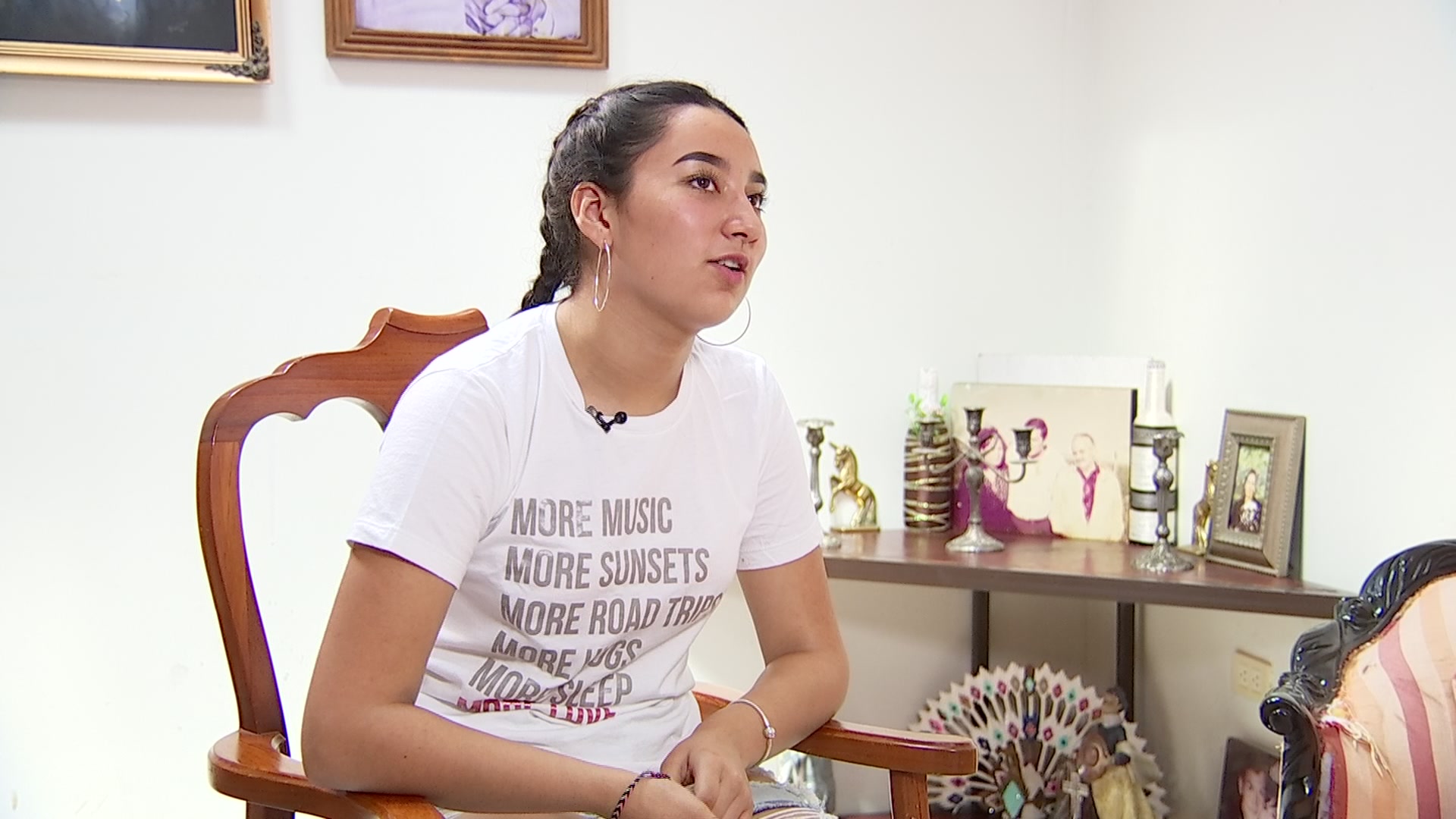
That puts more Texas-born kids in limbo, like Jackie Cervantes, who lives in the small town of San Ciro de Acosta.
Jackie was born at Parkland Hospital in Dallas and lived in Terrell until her father returned to Mexico to help run a family business.
She is 15 and dreams of one day becoming a doctor.
But those dreams are on hold while she and her family try to untangle the bureaucratic logjam that leaves her feeling like she is without a country to call home.
Recently, she was kicked out of a new school in Mexico where she planned to study science.
"They said they needed my certificate or they are going to kick me out just like that," she said.
Without verification of her Texas birth certificate, school officials have told Jackie and her family she cannot attend the science school and that grades from a prior school she attended might not count ... because they have no way to confirm her identity.
Her dilemma mirrors other children in and around San Luis Potosi where, at the regional office of migrant affairs, there sat a stack of 70 birth certificates from children born in Texas, received in just one week – all useless until Texas provides the apostilles needed to authenticate them.
Migrant affairs officials in San Luis Potosí have taken the unusual step of hiring a Texas law firm to help local families get the apostilles – a costly and timely move that would not have been necessary if Texas participated in the EVVE system.
The Mexican government has used EVVE to quickly validate more than 75,000 birth certificates of kids born in other U.S. states, according to Anthony Stout, of Dallas, the top manager of EVVE.
It would be "extremely helpful" if Texas used EVVE as well, Stout said, adding that this state could do it at any time, because the necessary equipment is already installed.
"It is ready to go and they haven't yet turned it on," he said, in an interview at the Fort Worth station for NBC 5 Investigates and Telemundo 39.
The staff for John Hellerstedt, commissioner of the Texas Department of State Health Services (DSHS), repeatedly declined our interview requests to find out why the EVVE switch has not been turned on.
So, we caught up with Hellerstedt at an Austin event, where we asked about the Texas-born kids in Mexico who are struggling to get their birth records from his agency.
"We're working as hard as we can to fix that problem," he said.
Asked about the delays, Hellerstedt responded: "It's a difficult process. We have had a backlog for a considerable amount of time and it is taking us time to make that backlog go away."
Internal records obtained by NBC 5 Investigates and Telemundo 39 show it takes Texas an average of nearly four months to answer mailed-in requests for birth certificates.
Hellerstedt said he recently got funding to increase the staff that handles those requests, but he declined to say whether the state will ever use EVVE.
"We are now in a position to re-evaluate again whether we are going to participate in that system," he said.
First, Hellerstedt added, the state needed to update its own records system. Now that process is complete but he said he wants more time to evaluate the security of the data in the EVVE system.
In the meantime, his office said, Mexican officials could utilize the "vital records" section of the Texas.gov website to request electronic records.
But in recent weeks, the state's own website said even those "processing times average two months."
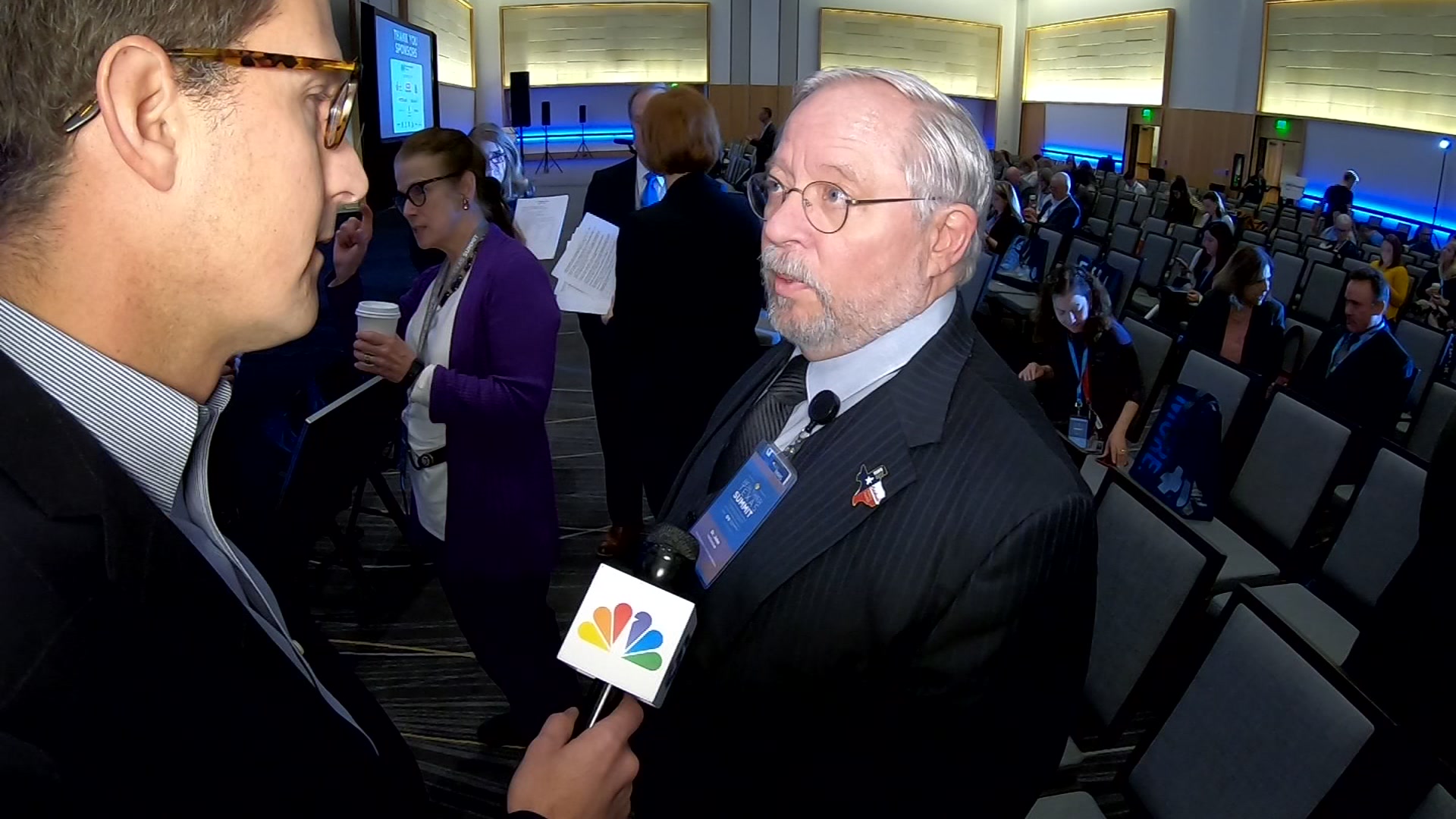
After our interview with Jackie Cervantes, she finally got her Texas birth certificate with the help of a family friend in Houston.
Jackie's mother, Yolanda Cervantes, said it was their third attempt to get the certificate. On previous occasions, they had difficulty understanding the documentation Texas required to complete the application. And, on one occasion, they said the state denied the request.
Yolanda described the process as a "nightmare" and said for a time the family felt completely in the dark about where to seek help in obtaining the records.
Since our interview in Mexico City, the camera-shy boy, Giovanni, has received his Texas birth certificate – after a wait of about 10 months.
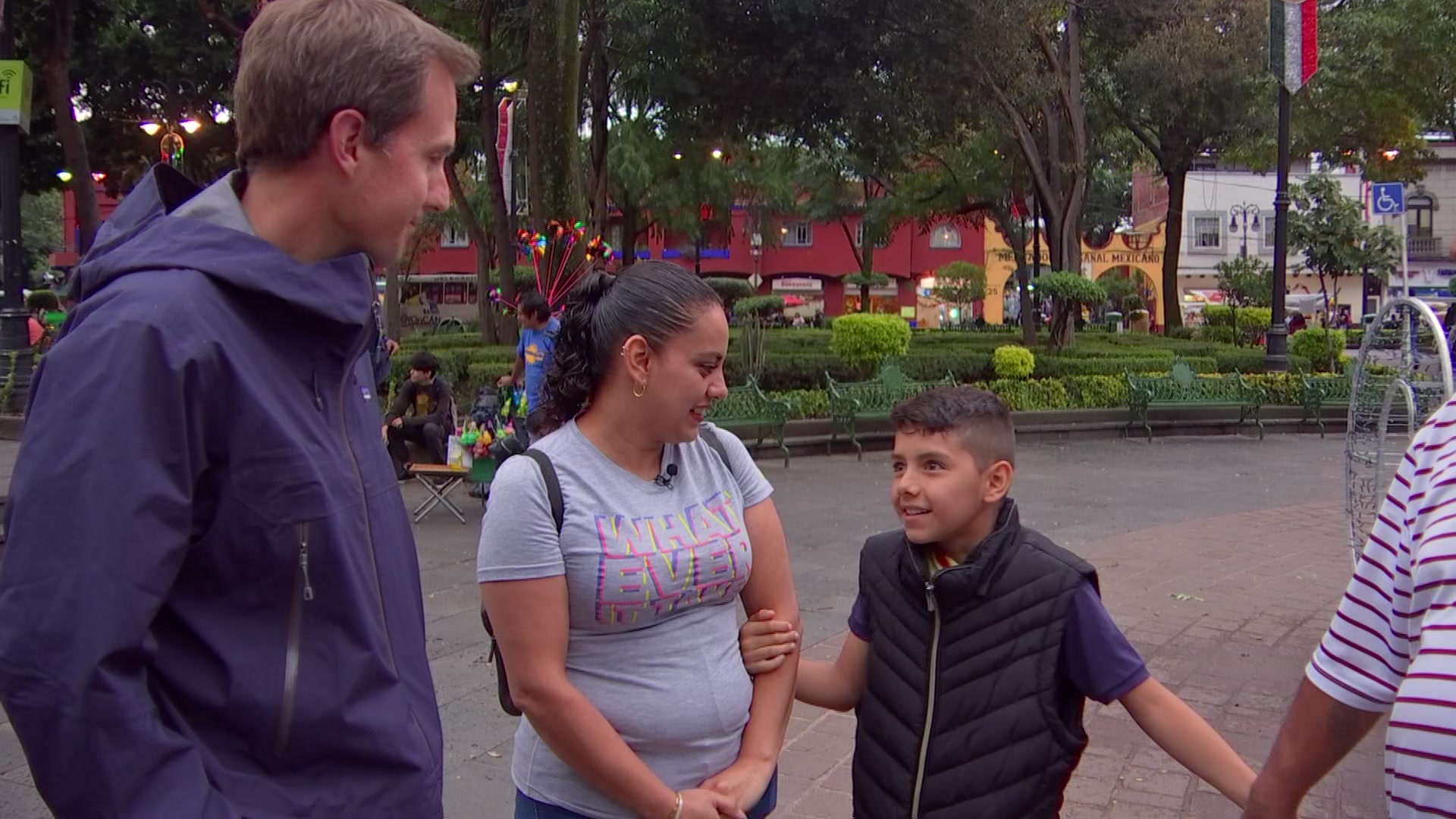
His mother said he's struggling to hear.
And the wait contributed to Giovanni not getting the medical help he needs, said their attorney, Helen Kerwin.
"The extra months that we wait for documents from Texas really do impact the lives of these kids," Kerwin said.
She added that sometimes it feels the delays are a way of punishing Mexican parents, many of whom had children while living undocumented in the United States.
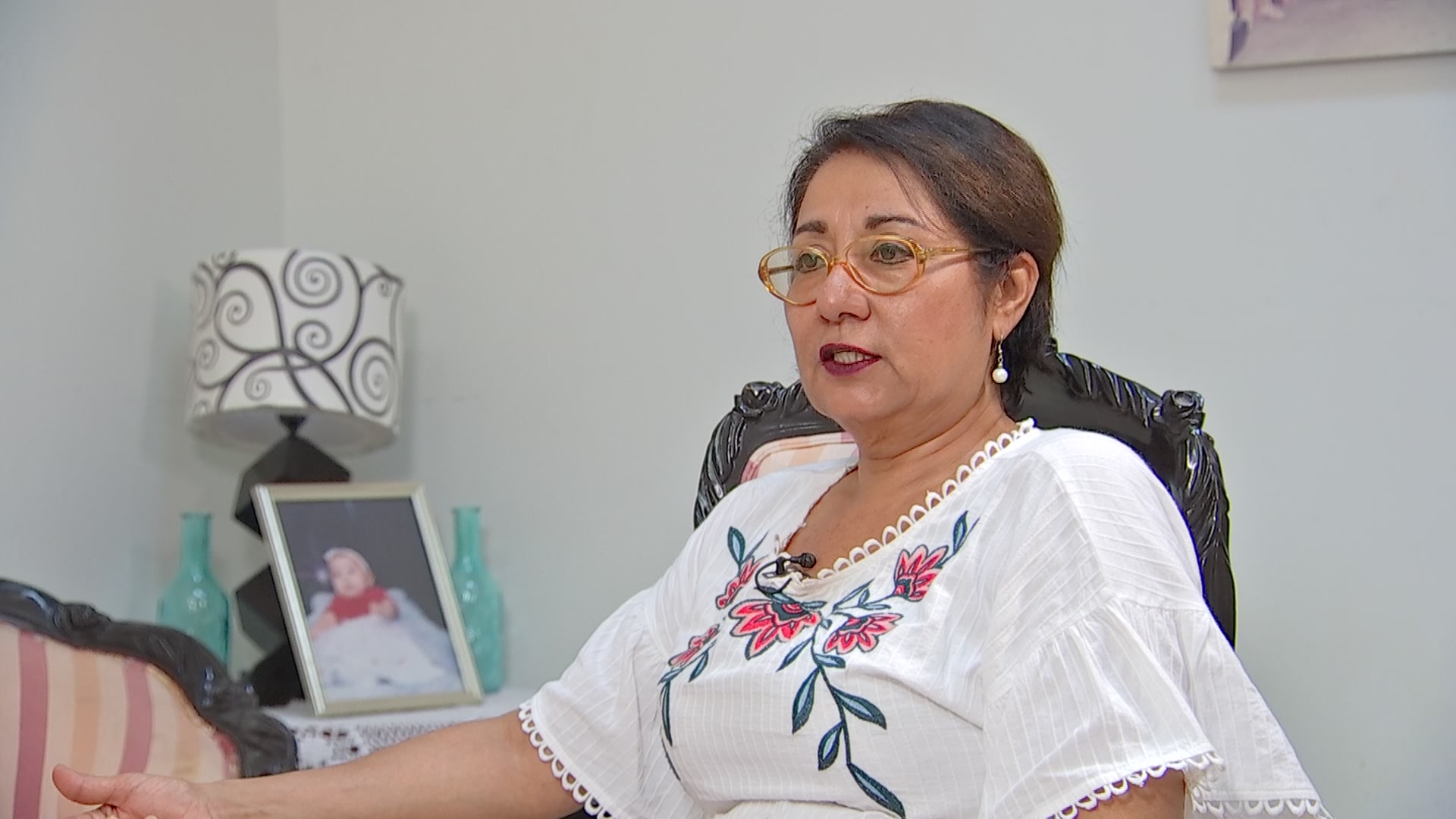
"Absolutely not," Hellerstedt said, when asked if the delays were punitive.
He said he just needs more time to determine whether EVVE is in the best interest of Texans.
Kerwin noted that the kids who need help in Mexico are Texans as well.
"We are talking about dual-nationality kids. Both countries should have an interest in their wellbeing," she said. "And yet they fall through the cracks."
This is the first of two major stories from NBC 5 Investigates and Telemundo 39, showing the plight of Texas-born children in Mexico. Tomorrow we will focus on how Texas lawmakers are reacting to our investigation, and what a group representing dozens of them is now asking the governor to do.
We will also tell you what the Mexican government said about these kids who are being turned away, and hear from a boy who said people at his school treated him like he was "invisible."
NBC 5's Jack Douglas Jr., Frank Heinz and Dominga Gutierrez contributed to this report.
